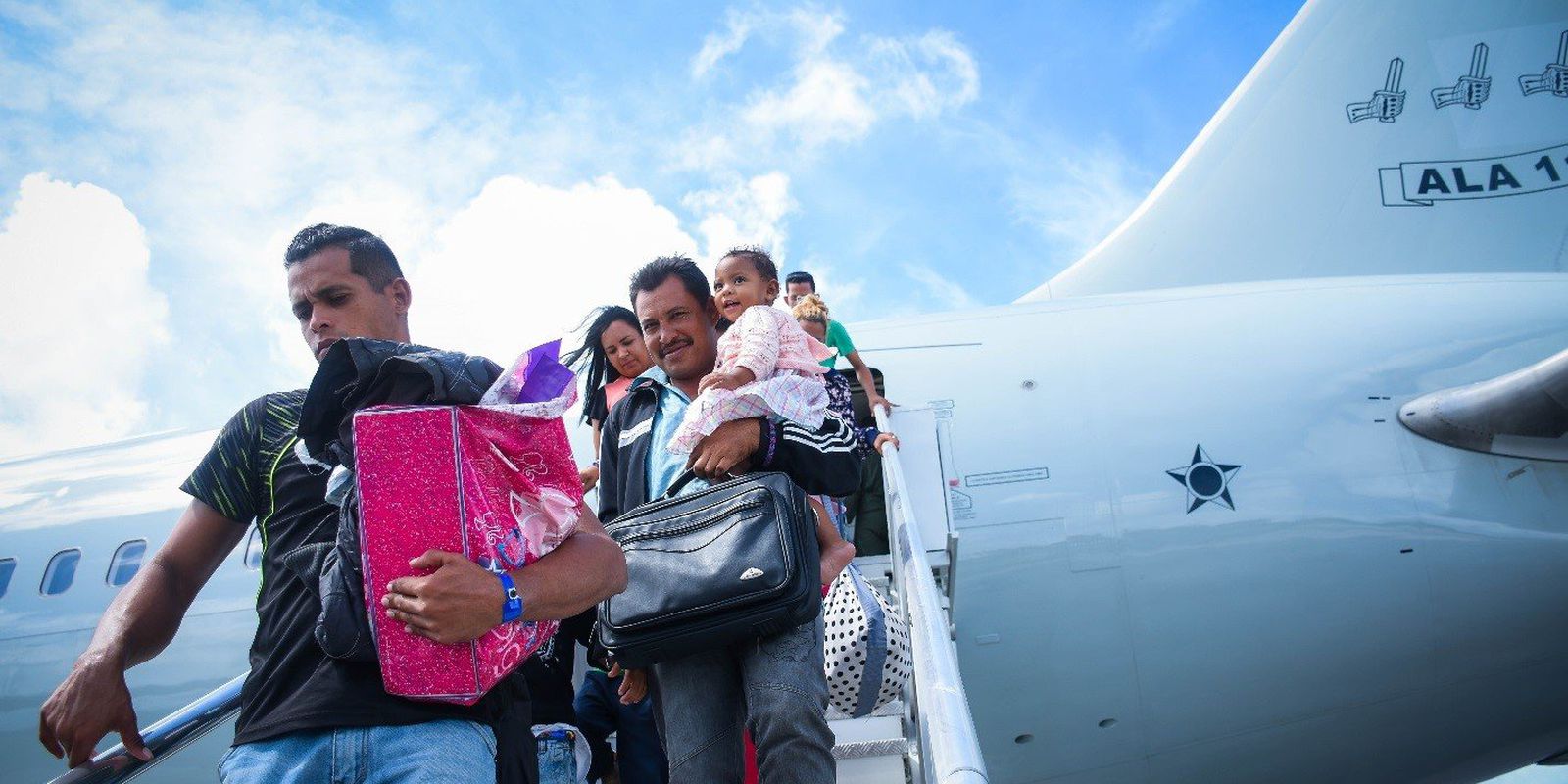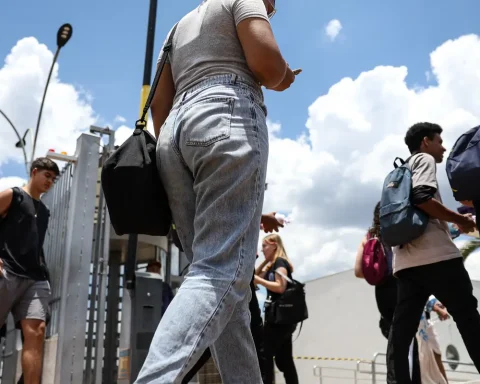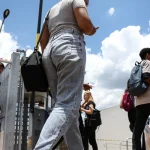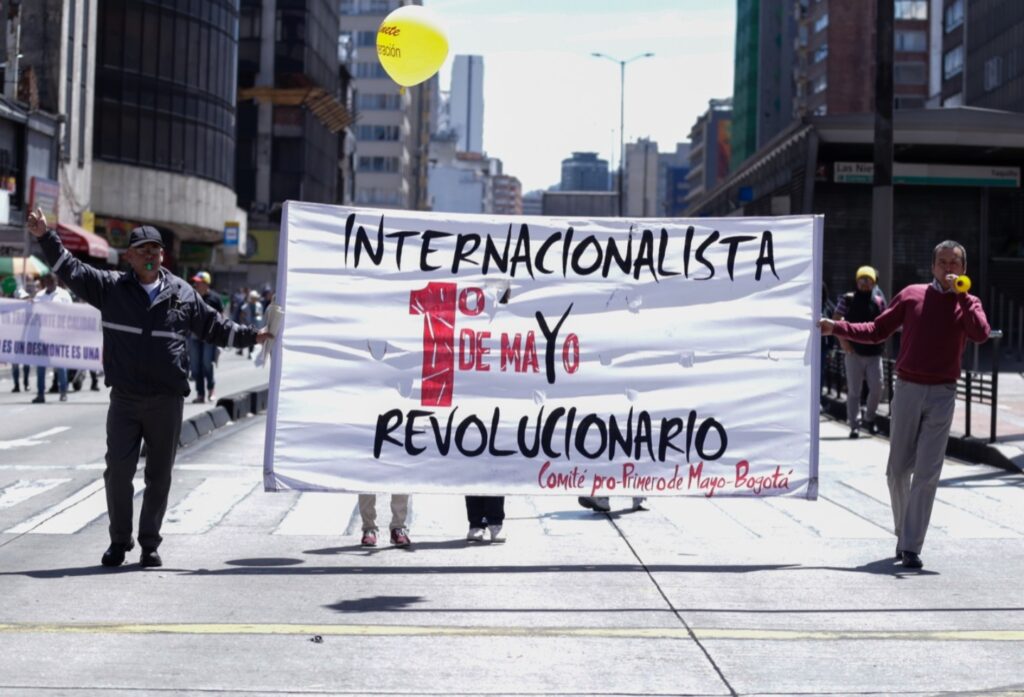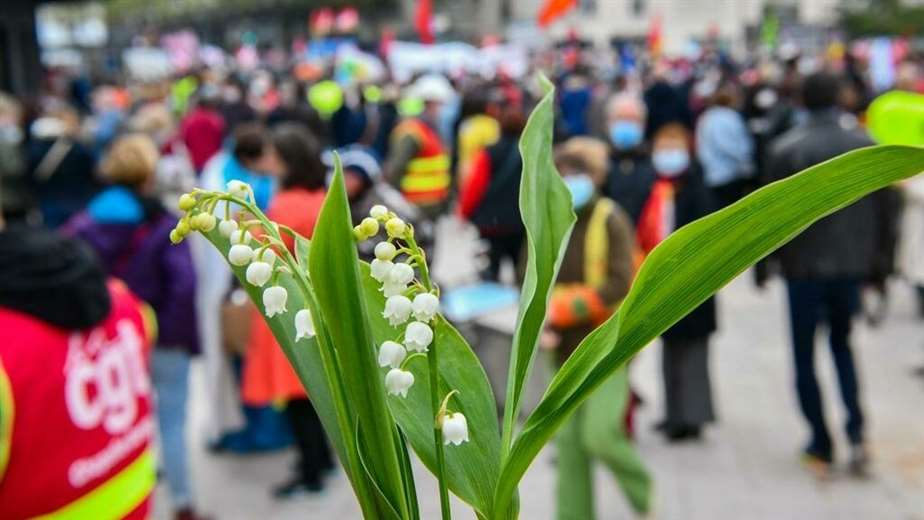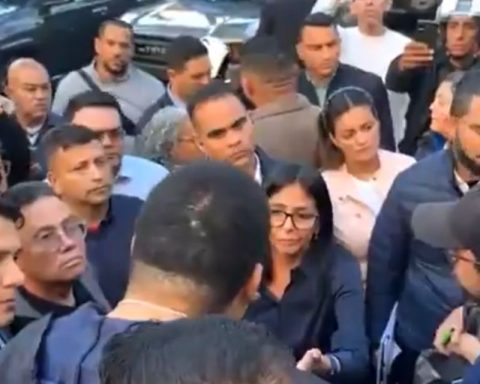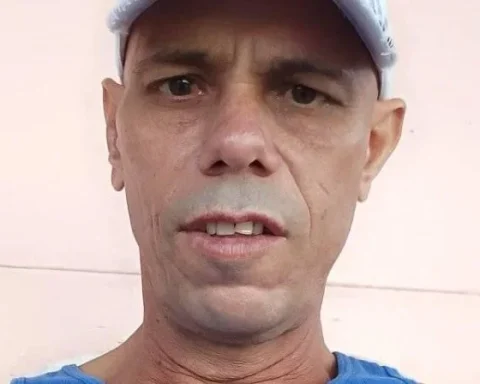Of the more than 717,000 Venezuelans who arrived in Brazil since January 2017, almost half (47%) decided to stay and live in the country. Through the work of Operação Acolhida, a task force created in 2018 by the Brazilian government, with the participation of United Nations agencies and international organizations, many of these migrants were internalized, that is, sent to cities in the interior of the country, where there are job and housing opportunities.
Farmer Juan Díaz is one of those people who crossed the border hoping for a better life. He left behind his family’s lands, where he could no longer earn a living and went hungry. The farmer and his wife spent 5 months in a shelter waiting for a job to appear, until the two were called to manage a farm in Planaltina, Goiás.
Watch Juan’s story:
https://www.youtube.com/watch?v=HyNTH8nAmpU
Currently, 75% of applications to stay in the country are for residency. Since last year, the Brazilian government has simplified temporary residence authorization procedures for two years. In 2018, the first year of Operation Acolhida, 65% of the requests for stay were for refuge, when the person leaves their country of origin due to persecution or a situation of serious human rights violation. Today, this type of request corresponds to 25%.
Since 2018, there has been a change in the profile of the Venezuelan who seeks Brazil as a destination. The director of the Migration Department of the Ministry of Justice and Public Security, Lígia Lucindo, says that it is possible to notice this difference: “the public that first resorted to Brazil was the one who had the best financial conditions to leave Venezuela at the beginning of the crisis, and today, we have noticed that even those who had a less favored condition are also resorting here to the national territory”.
It took two weeks walking along paths and trails in Venezuela, until kitchen assistant Deixy Aguillera, her husband, who was a painter, and their 13-year-old son managed to cross the border into Brazil. They stayed in shelters for months, until two job openings appeared as a cleaning assistant for her and her husband in a mall in Campinas, São Paulo.
There, they went on a plane chartered by Operação Acolhida and today they live in a rented house. Deixy’s work came through the Empowering Refugees project, which trains and inserts women in refugee situations into the job market.
